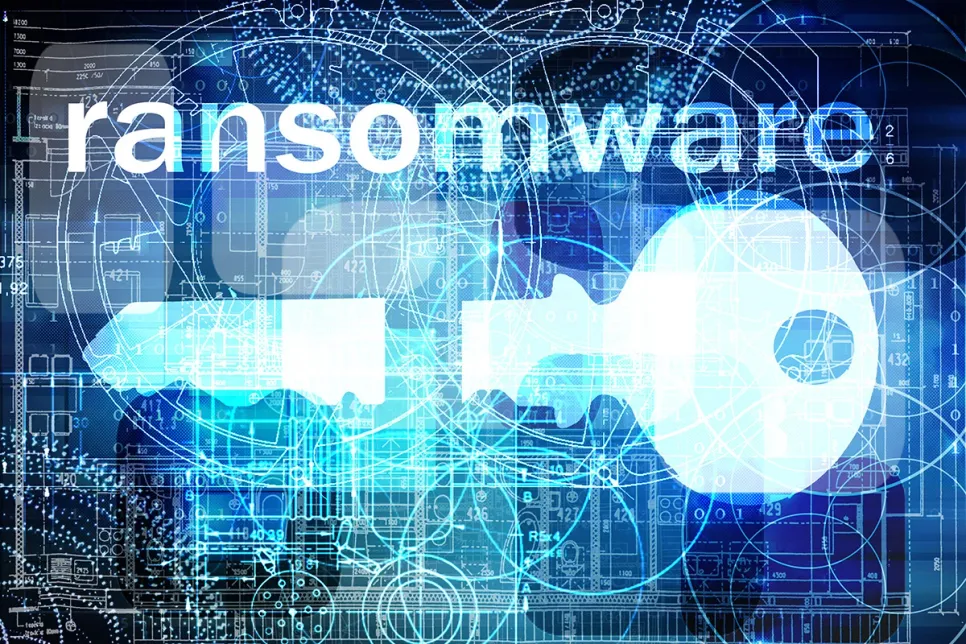Cellular IoT Connections to Reach 5.9 Billion by 2035
The cellular IoT market is poised for significant growth in the coming years, with connections expected to surge to 5.9 billion by 2035, according to new research from Omdia.

The Dell 2021 Global Data Protection Index (GDPI) findings reveal organizations are facing several data protection challenges. They are driven by the constant threat of ransomware and the consumption of emerging technologies such as cloud-native applications, Kubernetes containers and artificial intelligence.
According to a recent IDC survey, more than one-third of organizations worldwide have experienced a ransomware attack or breach that blocked access to systems or data in the previous 12 months. To help address these rising and issues, Dell is introducing new software and services to accelerate virtual machine (VM) backup data availability, simplify management of large data sets, and maintain business continuity while alleviating dependencies on day-to-day cyber recovery operations.
“While ransomware attacks can be devastating for people and businesses, accepting defeat as a foregone conclusion is not the answer,“ said Jeff Boudreau, president and general manager of Infrastructure Solutions Group at Dell. “We understand the stakes have never been higher, and the task of protecting data has never been more complex. As the leading provider of data protection hardware and software, our portfolio addresses this growing challenge by helping customers adopt a holistic cybersecurity and data protection strategy to identify, protect, detect, respond and recover from ransomware and other cyberattacks.“
The 2021 GDPI survey of 1,000 global IT decision makers shows organizations are combatting continued data growth and increased data protection complexities. The study found that organizations are managing more than 10 times the amount of data than they did five years ago, from 1.45 petabytes in 2016 to 14.6 petabytes in 2021. Additionally, 82% of respondents are concerned their organization’s existing data protection solutions won’t be able to meet all future business challenges. These concerns are well-founded, with more than 30% reporting data loss in the last year and nearly half (45%) experiencing unplanned system downtime.
62% are concerned their existing data protection measures may not be sufficient to cope with malware and ransomware threats, while 74% agree they have increased exposure to data loss from cyber threats with the growth of employees working from home. Over two-thirds (67%) lack confidence that all their business-critical data can be recovered in the event of a destructive cyberattack or data loss.
63% believe emerging technologies, such as cloud-native applications, Kubernetes containers, artificial intelligence and machine learning, pose a risk to data protection, and the lack of data protection solutions for newer technologies was one of the top three data protection challenges for organizations. On average, the cost of data loss in the last 12 months is approaching four times higher for organizations using multiple data protection vendors as compared to those using a single-vendor approach.